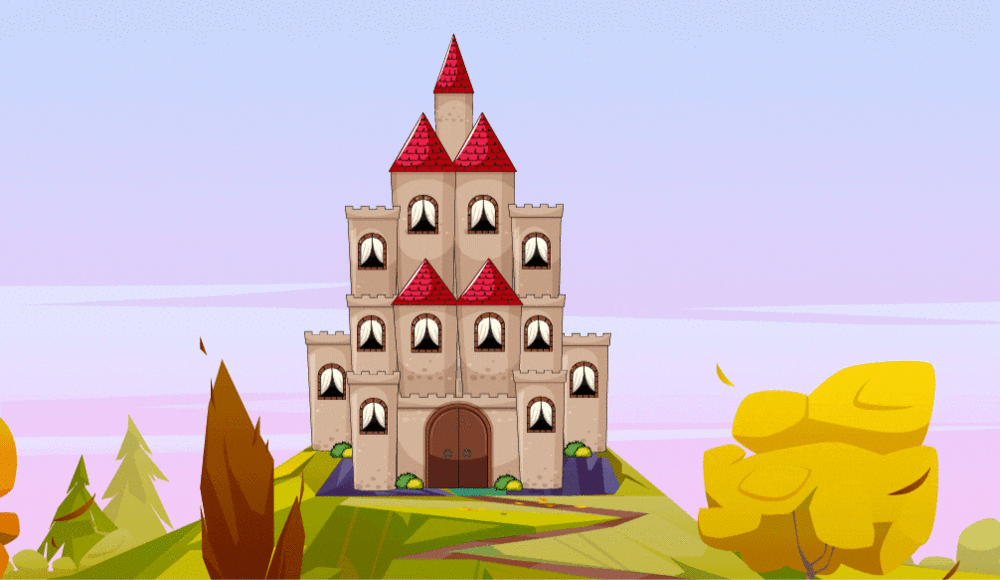
In November 2022, Missouri Online staff, along with MU faculty and others, presented Level Up! Gamifying an asynchronous course on designing games for learning through modeling, authenticity, and learner autonomy at the OLC Accelerate 2022 conference in Orlando, FL.
This presentation was also awarded the best in track award for the Instructional Design track!
Key Takeaways:
- Strategies and tools that can be applied to course design and teaching.
- Best practices in designing authentic learning activities through gamification and digital games to improve adult learner motivation and engagement.
- Recognition of the challenges in designing digital games for learning in an asynchronous learning environment, and being able to adjust instructional approaches to address those challenges.
Presenters:
- Danielle Oprean (School of Information Science & Learning Technologies, University of Missouri)
- Grace Seo (Seattle Pacific University; formerly Missouri Online)
- Persephone Lundolos (Missouri Online)
- Brad Mitchell (Missouri Online)
Abstract
Digital games in asynchronous adult education present unique challenges to how we design instruction that is both authentic and engaging. In Fall 2021, we gamified an asynchronous course on designing games for learning to improve engagement. Modeling and learner autonomy within the design connected students with the content more meaningfully.
While the success of digital games in education continues to validate the improvement to motivation, engagement and social influence (Groening & Binnewies, 2019; Lopez & Tucker, 2019), the impact for asynchronous adult education remains ambiguous. In a substantial course redesign, we attempted to address notable aspects of gamification within a course that teaches how to design games for learning through higher-order skills. The course incorporates aspects of Knowles Theory of Andragogy to help drive our use of modeling, authenticity, and autonomy.
As befits a course that focuses on the design of games for learning, we used a number of instructional design techniques unique to gamification. Learners role-played as trainees in a unique training opportunity named Why So Serious Games Academy led by a team of gaming guides — the instructor(s) — and the facilitator, Arch McGee. Arch McGee, a pedagogical agent, presents as a dynamic character within the course to guide learners through the content asynchronously. As with any game, each Level contains a custom progress bar for the various activities built within each module. These progress bars help communicate the goals. The course strives to enable learners to feel present within the abstract concepts of game design as they engage with higher-order learning objectives:
- Modeling – Modeling allows instructors to present content to learners in an active learning space. Learning by doing fundamentally adds to the experience of the student. We modeled specific areas of game design into each module that we renamed as Levels. Each Level breaks down aspects of game design that are aligned with different types of game, from board/card game design that is used to teach game mechanics to text-based games used to teach story development and narrative. We present unique challenges that engage learners through the higher-order process of creating. While the situations the students engage with may not represent realistic scenarios (e.g., Carmen Sandiego stealing the course content), the experience presents how their games would and should engage learners with unique and unexpected situations.
- Authenticity – Authentic assessments help establish whether knowledge learned reflects in practice. Focusing on Bloom’s higher-order skills engages learners in more comprehensive applications of the knowledge gained throughout the course Levels. Project-based formative assessments centered on the application of directly experienced game-design knowledge enables learners to demonstrate skills more authentically. The experience also enables further authenticity of what it means to learn from games and gamified experiences. Embedding game play experiences, such as learning to create collaborative, cooperative, and competitive games, enables learners to experience collaboration, cooperation, and competition in games. Activities that incorporate playing against or with their fellow learners in games that illustrate these concepts further enhance the authentic value of the concepts they must design in their own games.
- Autonomy – Learner autonomy in asynchronous online courses typically restricts learners to access the same content and simply move at their own pace. In our course redesign, we aimed to encourage learners to access more content for personal knowledge gain. As part of this redesign, we extended digital badges to incorporate more collectables. First, we used choice-based scaffolding that rewarded learners with representative Skills Cards that defined the extra skills earned. Learners could choose to engage with extra content, leading to more challenging assessments through Canvas Mastery Paths with the ability to choose from Bronze, Silver, and Gold for more points based on the challenge. An applicable bronze, silver, or gold card represented mastery of increasingly higher-order challenges. Second, for skills mastery, we offered no extra credit points but rather more knowledge with a collectible Skills Card. The Skills Cards worked with added exercises as a means to gain more demonstrable experience with a given skill.
While the success of digital games in education continues to validate the improvement to motivation, engagement and social influence (Groening & Binnewies, 2019; Lopez & Tucker, 2019), the impact for asynchronous adult education remains ambiguous. In a substantial course redesign, we attempted to address notable aspects of gamification within a course that teaches how to design games for learning through higher-order skills. The course incorporates aspects of Knowles Theory of Andragogy to help drive our use of modeling, authenticity, and autonomy.

References
Groening, C., & Binnewies, C. (2019). ‘Achievement unlocked!’ – the impact of digital achievements as a gamification element on motivation and performance. Computers in Human Behavior, 97, 151–166. https://doi.org/10.1016/j.chb.2019.02.026
Lopez, C. E., & Tucker, C. S. (2019). The effects of player type on performance: A gamification case study. Computers in Human Behavior, 91, 333–345. https://doi.org/10.1016/j.chb.2018.10.005

